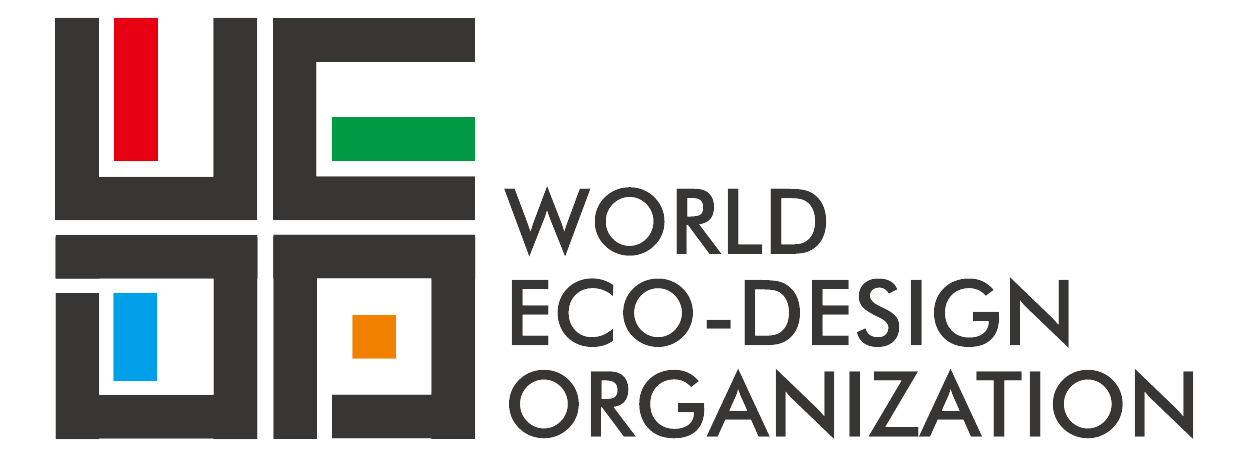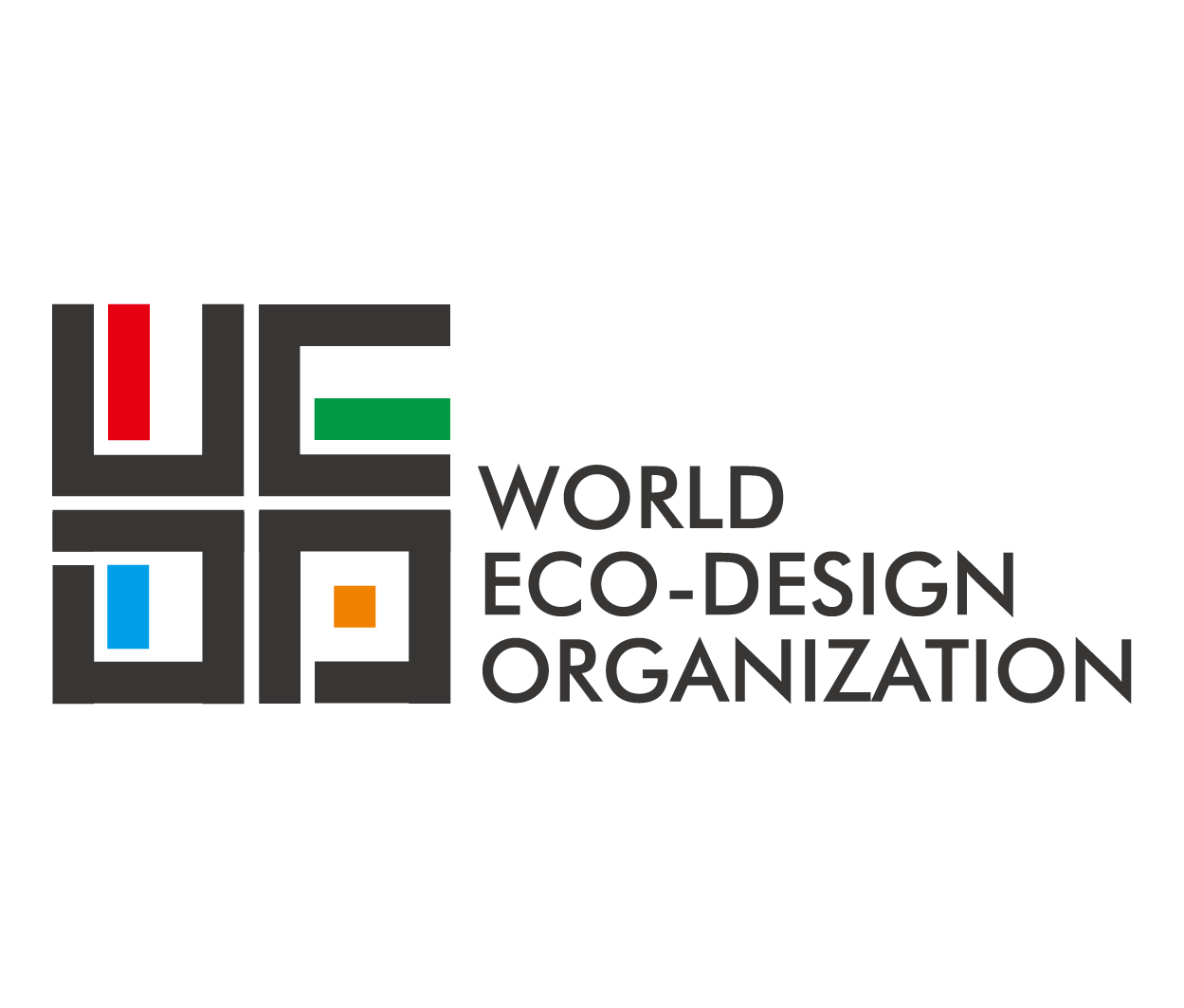Artificial intelligence (AI) and e-Governance can help bridge the digital divide, by giving citizens access to tailor-made and accessible information. They can assure services that are more efficient. Citizens can access public sector information and services nearly instantly. Making government services digital enhances transparency and accessibility.
However, since these developments also raise new questions: since Artificial Intelligence uses citizen data, how do we protect the privacy of citizens? Because Artificial Intelligence can determine what information we access, on which ethical principles is this determined?
Today is the International Day for Universal Access to Information.
On this date, UNESCO partners with the rest of the UN family to celebrate the right to information as key to enabling broader access to data, information, and knowledge – and empowering citizens in their efforts to build brighter futures.
The theme for this year’s IDUAI celebration is “Artificial Intelligence, e-Governance and Access to Information.” This theme highlights the opportunities of AI and digital governance in favor of developing resilient societies and an enabling environment for access to information. It looks at ways to leverage partnerships and international cooperation to facilitate knowledge-sharing under the common objective of achieving the Sustainable Development Goals set out in the 2030 Agenda.
On this special occasion, UNESCO invites all stakeholders to pay due attention to the work in the following areas:
· Monitoring and reporting progress on Sustainable Development Goal (SDG) Indicator 16.10.2
Every year, UNESCO conducts a Survey on Public Access to Information to track progress on the adoption and implementation of “constitutional, statutory and/or policy guarantees for public access to information”. The 2022 survey gathered responses from 122 countries. This theme will explore trends gathered from the 2022 survey and explore synergies with other initiatives to gather data related to SDG 16.
· Inclusive approaches for access to information
If the digital divide is fueled by social and economic inequalities, it can also widen the gap by creating further barriers to good public governance implementation, including the right to access to information. However, the digital divide can also be narrowed by implementing e-Governance initiatives that incorporate the development of applications and online content to enable and encourage self-sufficiency, participation and collaboration.
· Civic space, accountability and public participation in digital era
As public bodies make increasing use of digital solutions, with Artificial Intelligence being used to support e-Governance systems and to aid decision making, it is essential that these processes are subject to the same transparency and accountability as traditional administrative processes. The digitalization of government services is also still partial, with a paucity of data in some sectors of government and too few decisions benefiting from data-driven evidence.
· Policy Guidelines for the Development and Promotion of Governmental Public Domain Information
UNESCO will launch the updated version of Policy Guidelines for the Development and Promotion of Governmental Public Domain Information. The purpose of the Policy Guidelines is to build impetus in the development, promotion, production, dissemination, preservation, and use of public sector information ,with particular attention to information in digital form. It recommends that information produced by public entitles in all branches and at all levels should be publicly accessible, unless clearly defined as an exemption.
· Open Data Guidelines
UNESCO has supported the development of Open Data Guidelines to apprise governments of the value of openness of data for AI and empowering them through a set of steps to take action. The Guidelines outline concrete steps in the preparation, opening and follow-up for reuse of data.
Source: 国际日 | 庆祝2022年普遍获取信息国际日:人工智能和电子政务改善数字世界的信息获取 (qq.com)
Source: 国际日 | 庆祝2022年普遍获取信息国际日:人工智能和电子政务改善数字世界的信息获取 (qq.com)






 en
en



 Guangzhou,China
Guangzhou,China +86 - 19925740779
+86 - 19925740779 wedc@vip.126.com
wedc@vip.126.com










